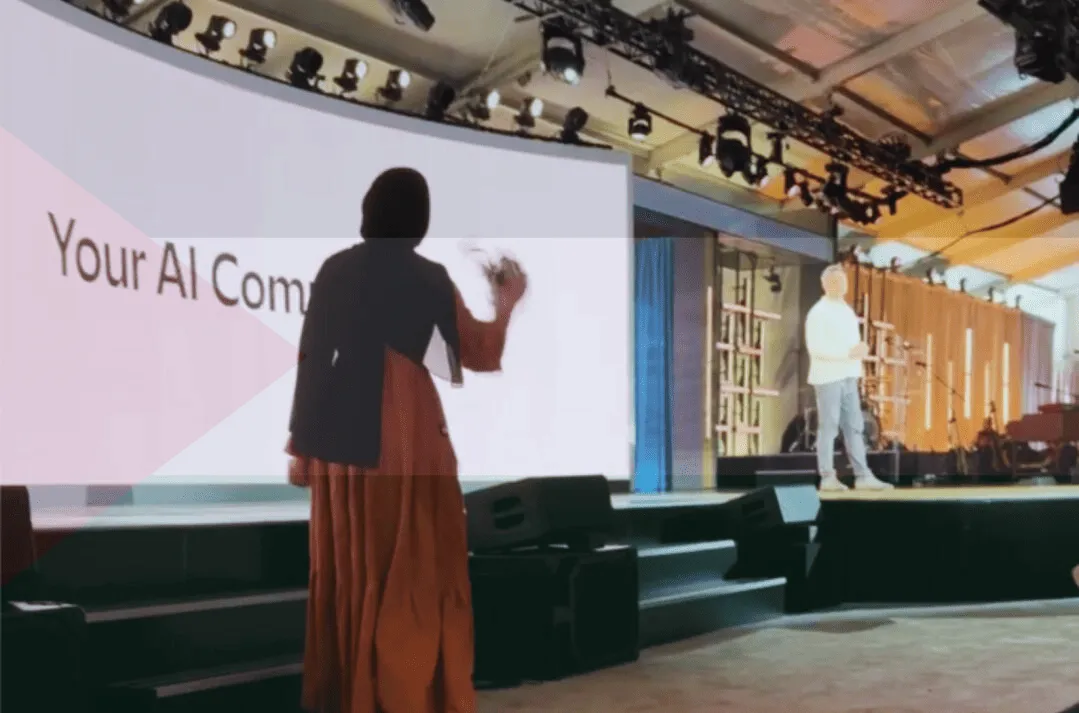
During Microsoft’s highly anticipated 50th anniversary celebration, a dramatic moment unfolded. As Mustafa Suleyman, head of Microsoft’s AI division, began his speech, he was interrupted by a software engineer who accused the company of complicity in war crimes.
The employee, Ibtihal Abu Saad, has worked at Microsoft for over three years. She took the stage in protest, shouting:
"How can you celebrate while Microsoft powers genocide and kills children? Your hands are stained with blood. Shame on you."
Security quickly removed her from the stage. But the impact of her message didn't end there.
Later that day, Ibtihal sent an internal email to all Microsoft employees, explaining her actions. In her message, she revealed that Microsoft has deep ties with the Israeli military. According to her, the company provides AI tools, cloud computing, and surveillance systems that are used in Gaza — contributing to what she described as genocide.
She wrote that her work in AI, originally intended for humanitarian use, was instead being sold to power military operations. “If I had known my code would be used to spy on and target civilians, I would never have joined this team,” she said.
Ibtihal also claimed that Microsoft has repeatedly silenced Arab, Palestinian, and Muslim employees who tried to speak out. She stated that some employees were fired for holding peaceful vigils, and others faced harassment for raising concerns internally.
She accused the company of using its AI and cloud technology to assist in mass surveillance, data collection, and military targeting in Gaza. Reports she cited include:
In her letter, Ibtihal urged fellow employees to sign a petition titled "No Azure for Apartheid", which demands that Microsoft cut ties with the Israeli military. She reminded staff that even if they don’t work directly on military projects, their work helps fund and sustain these contracts.
“Silence is complicity,” she wrote. “If we don’t act, we are part of the problem.”
She concluded with a powerful reminder of Microsoft’s past — when employees successfully pushed the company to sever ties with controversial tech firms and apartheid South Africa.
The controversy puts Microsoft under growing internal and external pressure. Human rights groups have raised concerns about how tech giants, including Microsoft, are supplying tools that can be used in armed conflicts.
Microsoft has not publicly responded to the protest or the internal email as of now. But the movement inside the company appears to be gaining traction.
Final Thoughts
This protest marks a turning point in the growing global debate around the ethics of artificial intelligence and its use in warfare. It raises hard questions: Should tech companies profit from conflict? Can AI still be considered ethical if it's used for harm?
Ibtihal's protest serves as a bold reminder that behind the code are real lives — and real consequences.
Please login to post a comment.
No comments yet. Be the first to comment!